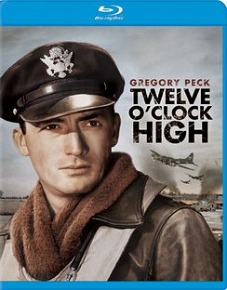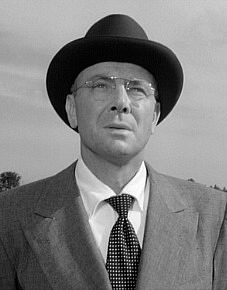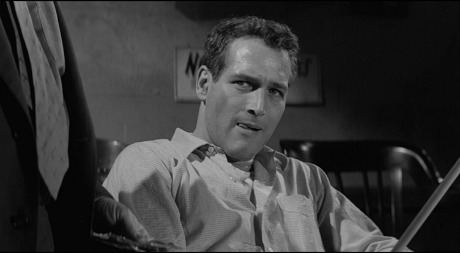Cameron Crowe was in New York in April when The Union, his Elton John-Leon Russell doc, played at the Tribeca Film Festival. But has he submitted to any kind of public q & a in Los Angeles, which will happen at the Aero theatre 12 days hence, since the double debacle of Elizabethtown (’05) and the never-filmed Deep Tiki (late ’08)?
The ostensible topic of his 6.12 discussion with Peter Bart at Santa Monica’s Aero theatre will be Harold and Maude, but c’mon…this is a coming-out event, no? Crowe has directed and written We Bought A Zoo, a possible Oscar contender, that’s coming out later this year, and has, in any event, many questions to address.
Question #1: How is We Bought A Zoo coming along? How would he describe it? Is it some kind of light family-enterprise film? Is it The Sundowners with zoo animals? Could Disney could have made this film in the early ’60s with Dean Jones and Hayley Mills? Or are there thematic/emotional elements that make it something else?
Question #2: Does Crowe agree that his own story of the last six years — a hard-knocks tale of a gifted filmmaker who’s riding high and then runs into a career ditch and has to struggle for years to make it back to the top, and loses his marriage along the way — is somewhat similiar to Jerry Maguire?
Question #3: If he could go back in time and do it all over again, would Crowe refine or rewrite or recast Elizabethtown? Could anything have been done to avert the disastrous critical reception that greeted it in late ’05?
Question #4: What happened exactly with Deep Tiki?
Question #5: What about Crowe’s Marvin Gaye biopic, which he’s reportedly been working on for years?
Question #6: When will The Union be screened in Los Angeles?
Here’s a 1.7.11 article I wrote about Crowe’s situation.
The following appears near the end of the piece: “Crowe is clearly due for a little light shining down, a clearing in the woods. As a guy who once heard the roar of the crowd and held mountains in the palm of his hand, he needs to stand on a plateau and feel the kind of serenity and satisfaction that can only come from making a film that people admire and pay to see in great numbers.”







